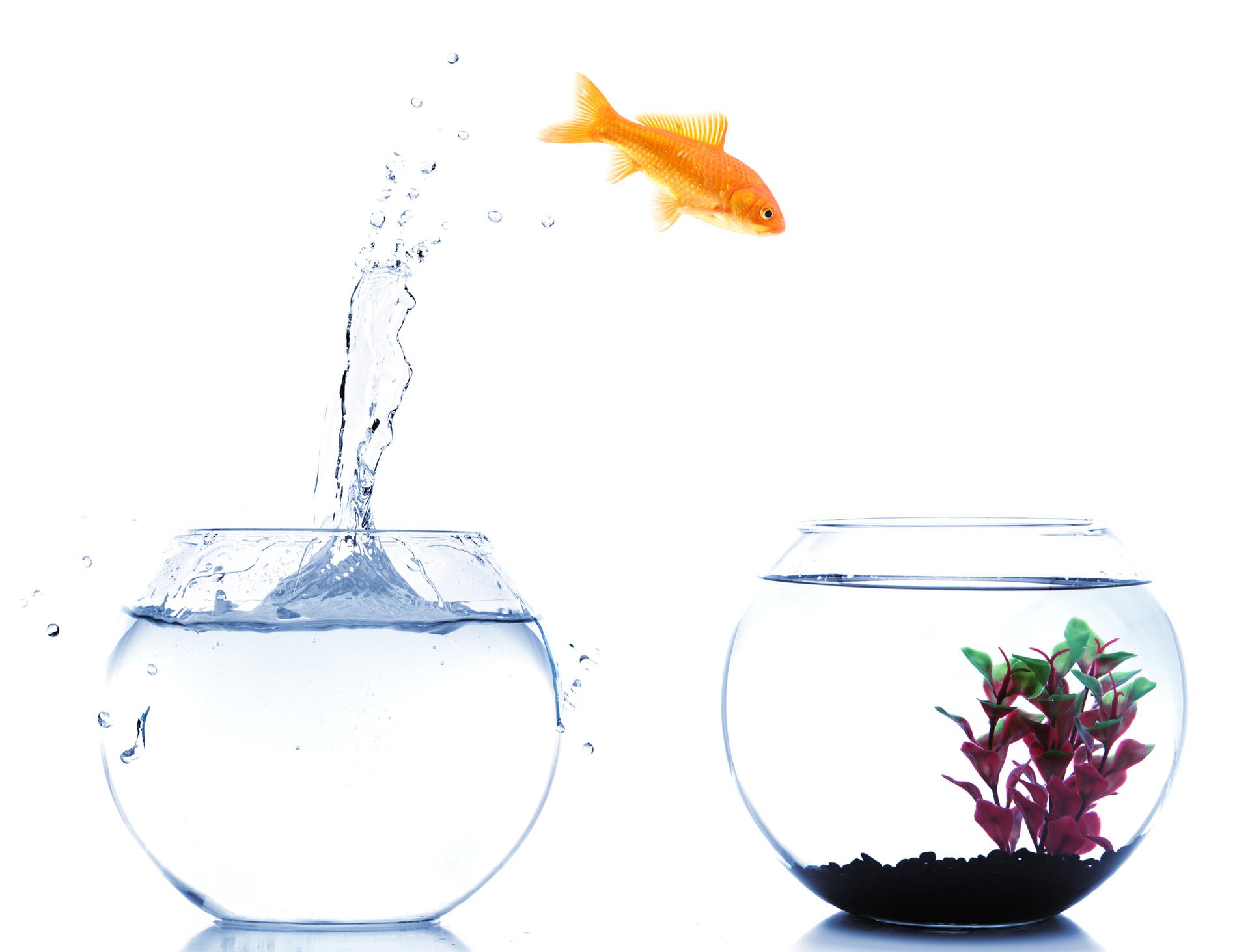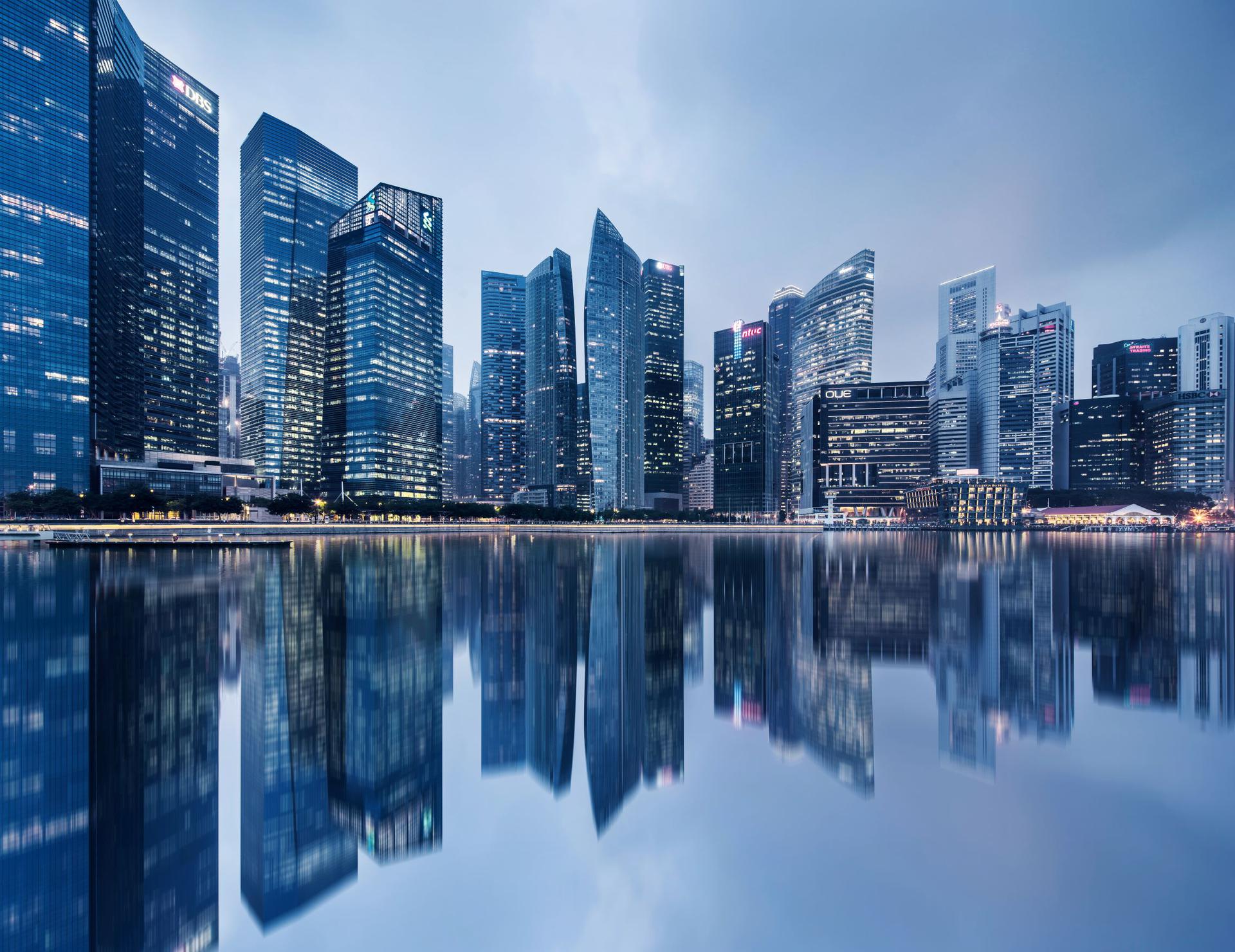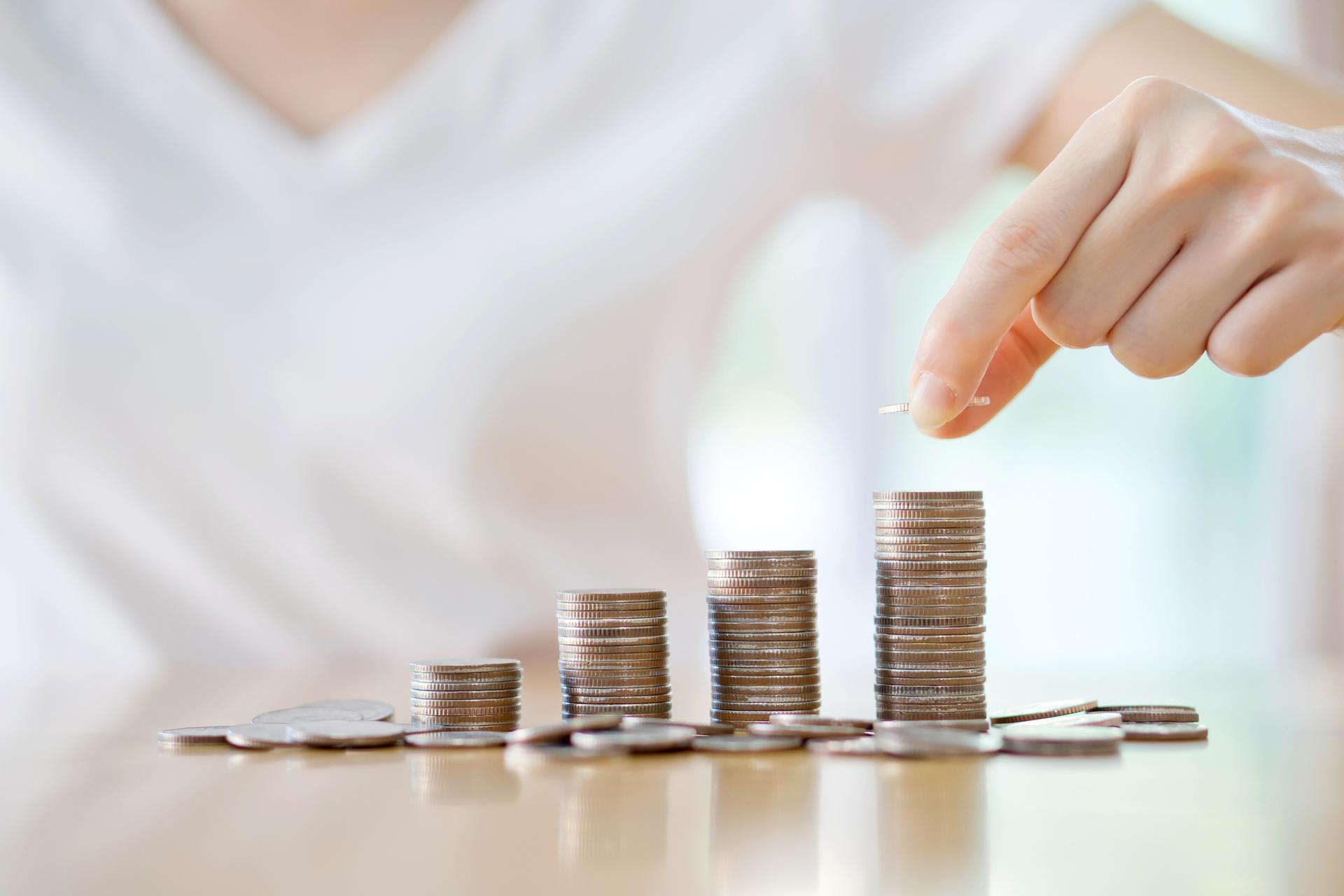|
Driven by the bear market rally or new bull? Be cautiously optimistic 9 June 2020 
Global indices continued their upward climb as major economies around the world start to ease lockdown measures along with the slowdown of the coronavirus spread. The S&P 500 breached a key psychological level of 3,000 points for the first time since March 5 as optimism about a potential coronavirus vaccine and a revival in business activity helped investors overlook simmering Sino-US tensions.1 Things were starting to look increasingly bullish again as markets continued its rally on economic optimism, looking beyond civil unrest in the US.
However, plenty of downside risks remained. The market has largely ignored the unrest, but that could change if investors believe the protests would continue through summer, disrupting states plans to reopen and hurting consumer confidence.2 Furthermore, the gathering of large crowds in the protests pose as a ticking timebomb to ignite the next big wave of infections. Risks of second wave of coronavirus infections linger in almost every country’s attempts to reopen their economies. South Korea closed hundreds of schools that had reopened earlier and postponed the opening of many others after a spike in cases.3 Similarly in Japan, a surge of cases were seen in Fukuoka and Tokyo with some of them from elementary and high schools, prompting schools closure again and the shutdown of public facilities such as art galleries.4
With many countries eager to restart their economies, how confident are consumers and businesses adapting to the new-normal, as well as the question on how companies will perform in Q3? Could this optimism be short-lived or are we betting on a recovery too soon? How should you as an investor position your portfolio for such rallies amidst the combination of a global pandemic and a serious civil unrest in the largest economy in the world?
United States Despite coronavirus shutdowns and job losses, homebuying seems to be making a remarkable recovery with rising weekly mortgage applications and purchase volume at just 1.5% lower than a year ago, a rather stunning recovery from just six weeks ago, when purchase volume was down 35% annually.5
Following days of violent protests and #blackouttuesday movements on social media over racial injustice, police brutality and the killing of a black man, George Floyd while in police custody, Americans were finally seeing some signs of order as peaceful marches were held in honour of Floyd.6 Although it may seem “counterintuitive” or even “unfair” to see how the market rallied amidst the unrest, research experts said that history is rife with examples of markets looking through such turbulence such as how the S&P 500 soared 23% and 21% during President Bill Clinton’s impeachment from 1998 to 1999.7 As how CNBC host, Jim Cramer puts it, “investors are simply trying to make money, and that’s why they’re crowding into the stay-at-home economy stocks”.7
But all this optimism does come with its own set of uncertainties, especially with similar fears of a second wave of coronavirus infections as America starts to reopen state by state. Experts fear that a second wave of infections would be an even more major economic disaster than the current one as it comes out of a bad GDP shutdown with high unemployment rate and a debt-to-GDP ratio greater than 100%.8
Meanwhile, tensions between China and the US have been escalating over the coronavirus and Hong Kong, with the Trump administration ordering a suspension of flights from China to the US.9 Analysts say the technology sector could be vulnerable to retaliation from Beijing, also because of its revenue exposure and its supply chain being dependent on Chinese manufacturing.10 JP Morgan strategists were also not optimistic about the tensions with concerns that the economic reopenings will not be wide enough to justify the market’s rally, or in a worst case scenario, a break in US-China relations would have a very severe impact on the market.10
China In a rare decision, China has decided not to set a target for its economic growth for 2020 due to uncertainties about the impact of the coronavirus. China’s economy contracted by 6.8% in the first quarter, while unemployment has stayed near historic highs despite some recovery in April, officials have publicly aired concerns about a drag on growth from the coronavirus’ spread overseas.11 Chinese Premier Li Keqiang also stressed that employment remains top priority by targeting an unemployment rate of 6%, up from last year’s goal of 5.5% and issuing more debt as part of a moderate increase in government support for the economy including one trillion yuan of government bonds to be issued for Covid-19 control.11
With China’s recent passing of the new national security legislation for Hong Kong, thousands of democracy protestors took to the streets again as the city’s autonomy seems to be effectively crushed.12 The Trump administration reacted by announcing that it would start taking steps to revoke Hong Kong’s favoured trade status with the US but with no details on which steps would be taken or in what order.13 What it means for investors is that Hong Kong’s trade with the US would suffer a significant impact if tariffs were imposed as the international community’s perception of Hong Kong as an autonomous and attractive place to do business could be affected.13
Europe Despite recording more Covid-19 infections and fatalities than all its Nordic neighbours combined, the Swedish economy expanded at a far more superior rate than many of its European counterparts over the first three months of the year, with a GDP growth of 0.4% in the first quarter.14 This was followed by the government’s decision not to impose a full lockdown to contain the spread of the coronavirus in a bid for a herd immunity strategy. However, Sweden’s central bank said the pandemic had damaged businesses and supply chains and warned many companies would be “hit hard”, with more people losing jobs in the coming months.14
The Economist Intelligence Unit (EIU) also reported that global GDP will not return to pre-coronavirus levels until 2022 due to heavy fiscal stimulus from governments to mitigate impact of the pandemic, while working with lower revenues and much higher health care and social expenses.15 EIU also warned of another euro zone debt crisis looming, with Spain and Italy in particular, which were already badly impacted by the coronavirus and navigating already weak fiscal positions. It further warned that a debt crisis in any of these countries would create massive turbulence on financial markets.15
Central Bank - US Federal Reserve US Federal Reserve officials are worried about the longer-lasting impacts from the pandemic including the second round of infections and the burden that low-income households would face including unemployment and vulnerability to the banking sector.16 And after slashing its benchmark rate to near zero, the Fed voted to keep the rate in the range of 0% and 0.25% and not move it until a recovery is firmly in place.16
Federal Reserve Chairman, Jerome Powell, also said that people shouldn’t bet against the American economy as a full recovery may not happen without a coronavirus vaccine.17 He also shared that the central bank’s long awaited program to lend to small-and-medium sized business is about to take off, also known as the Main Street lending facility, which will target companies with up to 15,000 employees with loans of $500,000 to $100 million.18
Be cautiously optimistic and spread out your top ups So, if you recall from our update last month by deciding not to sell in May and stayed on, the recent market rallies might be a good reflection and learning point. However, no one can tell for sure when this rally will end or could it just be a short-term effect. Therefore, it might be better to remain cautiously optimistic despite the rallies and accumulate through regular investment amounts and spread your top ups with some lump sum over the next few months. One way could be through staying invested in equities while keeping a close watch on healthcare and technology sectors, and generate some passive income for yourself with dividend-paying funds.
We hope that as you watch intently on how the impact of the coronavirus would unfold in the following weeks and months along with how your portfolio value would fluctuate with each positive and negative development, don’t forget to stay calm and invested with dollarDEX. Over the long haul, the coronavirus situation will be a thing of the past and stock markets will rise again.
If you are not confident of timing the market, one good way is to invest in smaller tranches or set up a Regular Savings Plan (RSP) on dollarDEX to smooth out the volatility and take the emotions out of investing. It is also important to have a diversified portfolio to avoid concentration risk in a particular sector or region.
YOU MAY ALSO LIKE THIS
Sources:
1. https://www.channelnewsasia.com/news/business/s-p-500-tops-3-000-on-hopes-of-economic-recovery--covid-19-vaccine-12771680 2. https://www.cnbc.com/2020/06/01/stock-market-futures-open-to-close-news.html 3. https://www.washingtonpost.com/education/2020/05/30/south-korea-closes-schools-again-amid-covid-19-spike-days-after-reopening/ 4. https://www.straitstimes.com/asia/east-asia/japan-faces-second-wave-of-infections-in-tokyo-and-fukuoka 5. https://www.cnbc.com/2020/05/20/weekly-mortgage-applications-point-to-remarkable-bounce-in-homebuying.html 6. https://www.usatoday.com/story/news/nation/2020/06/03/george-floyd-protests-quincy-mason-minneapolis-washington-curfew/3134191001/ 7. https://markets.businessinsider.com/news/stocks/why-stock-market-rising-amid-nationwide-police-brutality-protests-2020-6-1029273996 8. https://www.cnbc.com/2020/05/21/why-partially-reopening-states-does-not-guarantee-economic-recovery.html 9. https://www.usatoday.com/story/travel/news/2020/06/03/trump-bans-china-flights-amid-tensions-over-coronavirus-hong-kong/3133820001/ 10. https://www.cnbc.com/2020/05/30/us-china-tensions-are-expected-to-rise-and-increasingly-weigh-on-the-technology-sector.html 11. https://www.cnbc.com/2020/05/22/china-will-not-set-gdp-target-for-2020-as-coronavirus-batters-economy.html 12. https://www.businessinsider.com/hong-kong-protests-photos-after-china-passes-national-security-law-2020-5 13. https://www.cnbc.com/2020/05/29/trump-taking-action-to-eliminate-special-treatment-for-hong-kong.html 14. https://www.cnbc.com/2020/05/29/coronavirus-swedens-gdp-actually-grew-in-the-first-quarter.html 15. https://www.cnbc.com/2020/05/27/eiu-no-recovery-until-2022-and-a-possible-euro-zone-debt-crisis.html 16. https://www.cnbc.com/2020/05/20/fed-minutes-released.html 17. https://www.cnbc.com/2020/05/17/powell-says-a-full-economic-recovery-may-not-happen-without-a-vaccine.html 18. https://www.cnbc.com/2020/05/29/powell-says-the-fed-is-days-away-from-making-the-first-loans-in-the-main-street-lending-facility.html?recirc=taboolainternal
Disclaimer
All information here is for GENERAL INFORMATION only and does not take into account the specific investment objectives, financial situation or needs of any specific person or groups of persons. Prospective investors are advised to read a fund prospectus carefully before applying for any shares/units in unit trusts. The value of the units and the income from them may fall as well as rise. Unit trusts are subject to investment risks, including the possible loss of the principal amount invested. Investors investing in funds denominated in non-local currencies should be aware of the risk of exchange rate fluctuations that may cause a loss of principal. Past performance is not indicative of future performance. dollarDEX is affiliated with Aviva but dollarDEX does not receive any preferential rates for Aviva products as a result of this relationship. Unit trusts are not bank deposits nor are they guaranteed or insured by dollarDEX. Some unit trusts may not be offered to citizens of certain countries such as United States. Information obtained from third party sources have not been verified and we do not represent or warrant its accuracy, correctness or completeness. We bear no responsibility or liability for any error, omission or inaccuracy or for any loss or damage suffered by you or a third party (including indirect, consequential or incidental damages) arising in any way from relying on this information.
This information does not constitute an offer or solicitation of an offer to buy or sell any shares/units.
Information is correct as of 09/06/2020.
|
To continue to serve you better, our system will be undergoing maintenance between 10 PM to 11:59 PM on 25 Apr 2024. During this period, you will not be able to access your dollarDEX account. We apologise for any inconvenience caused.




